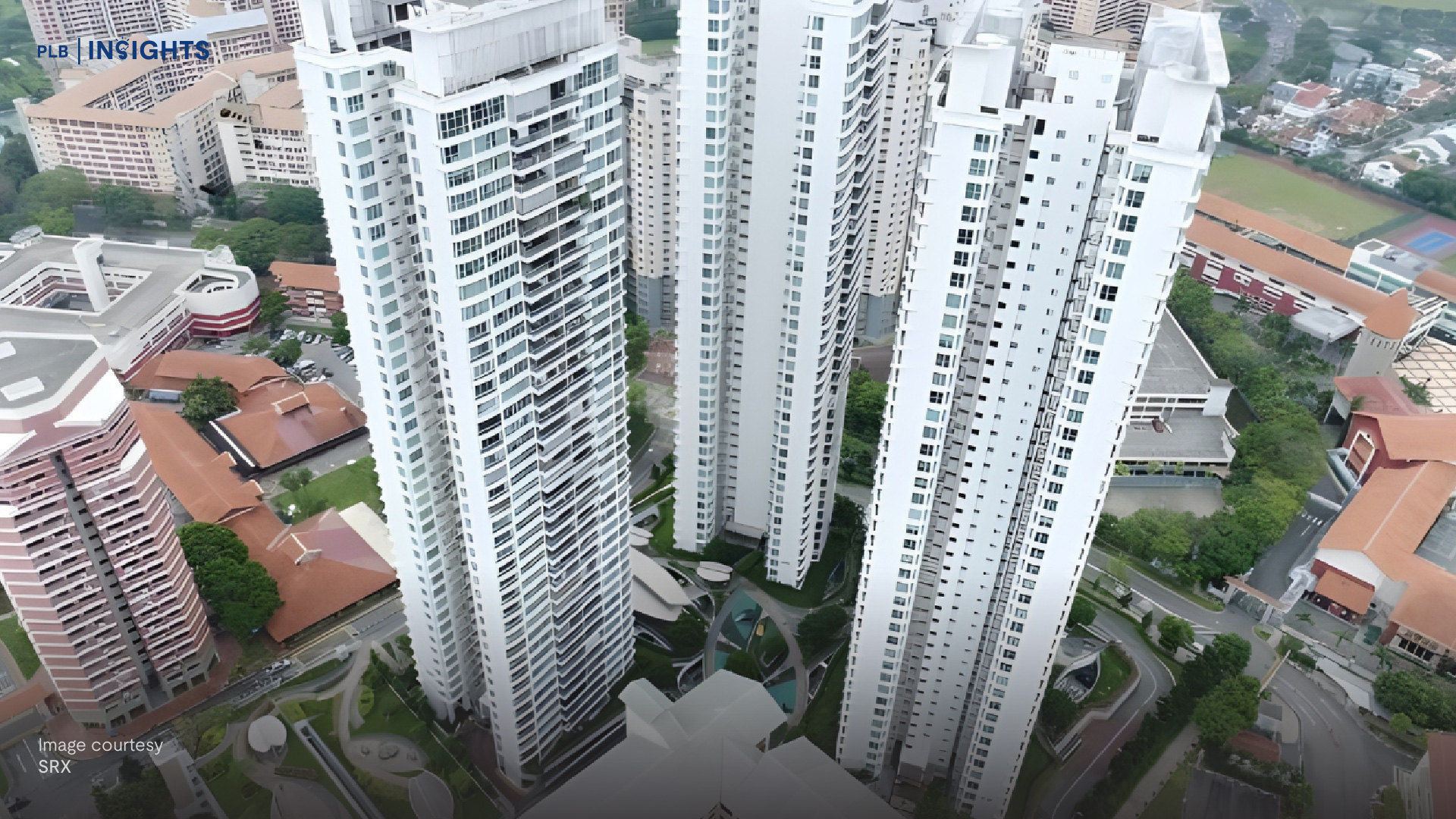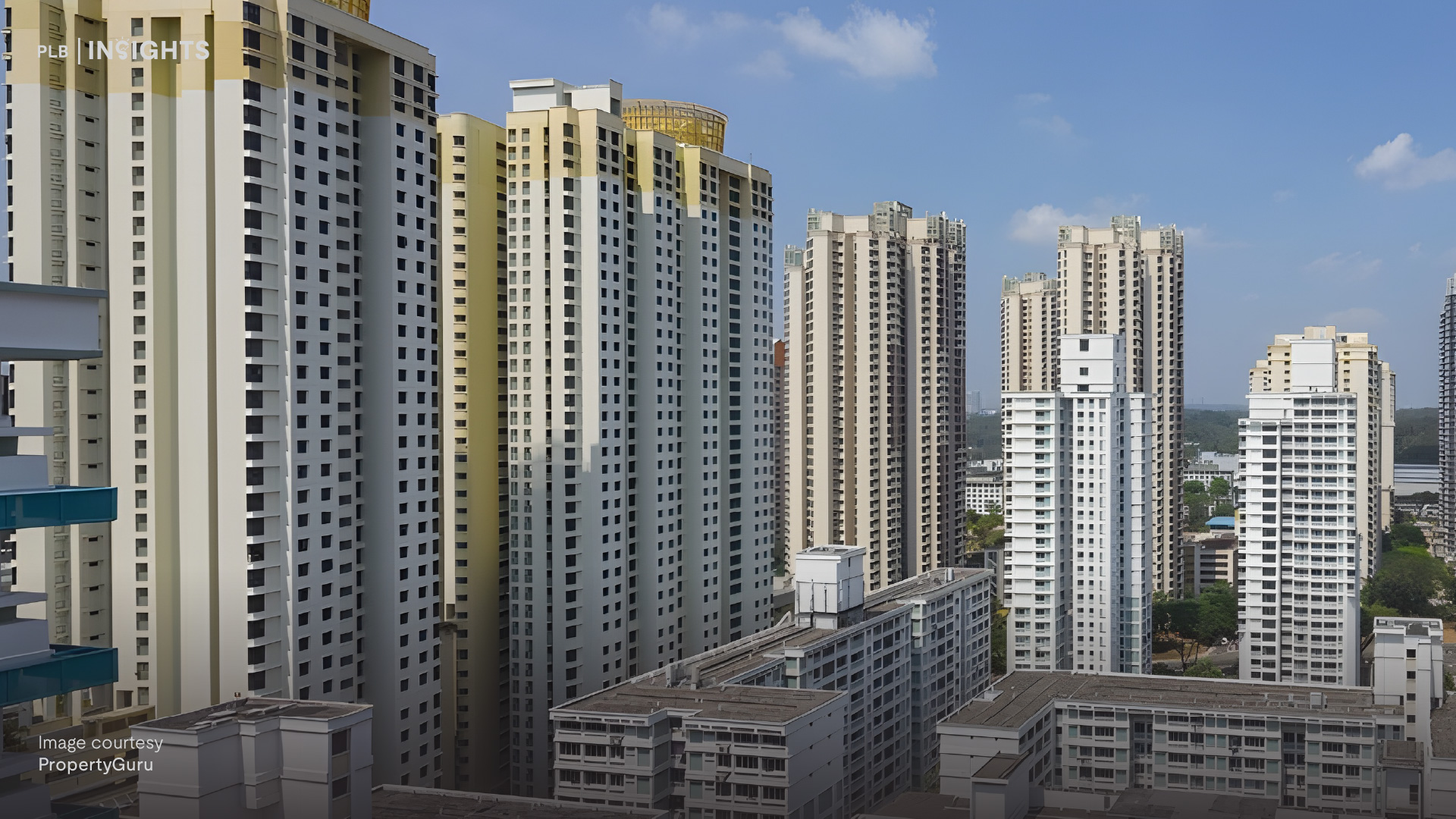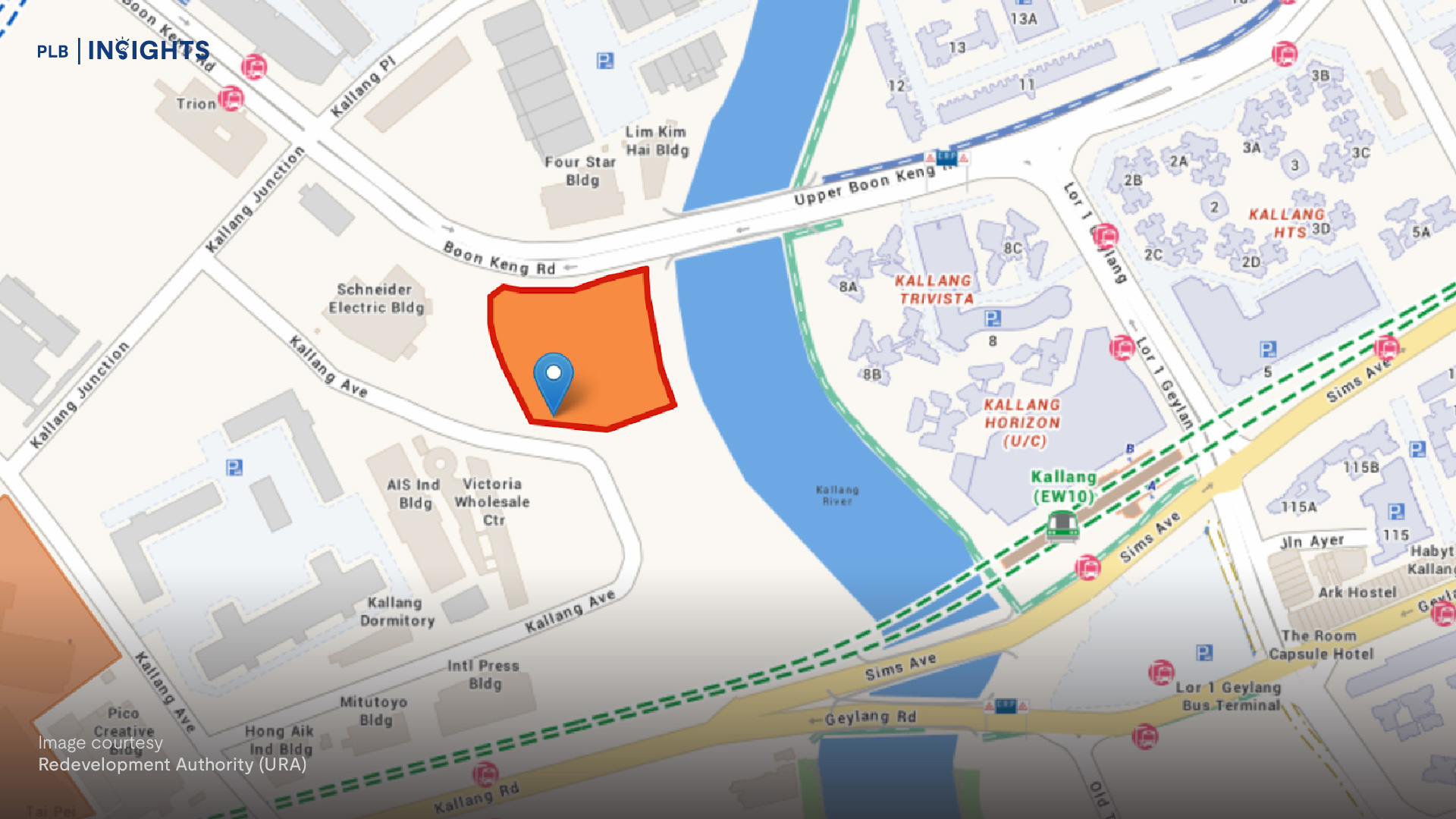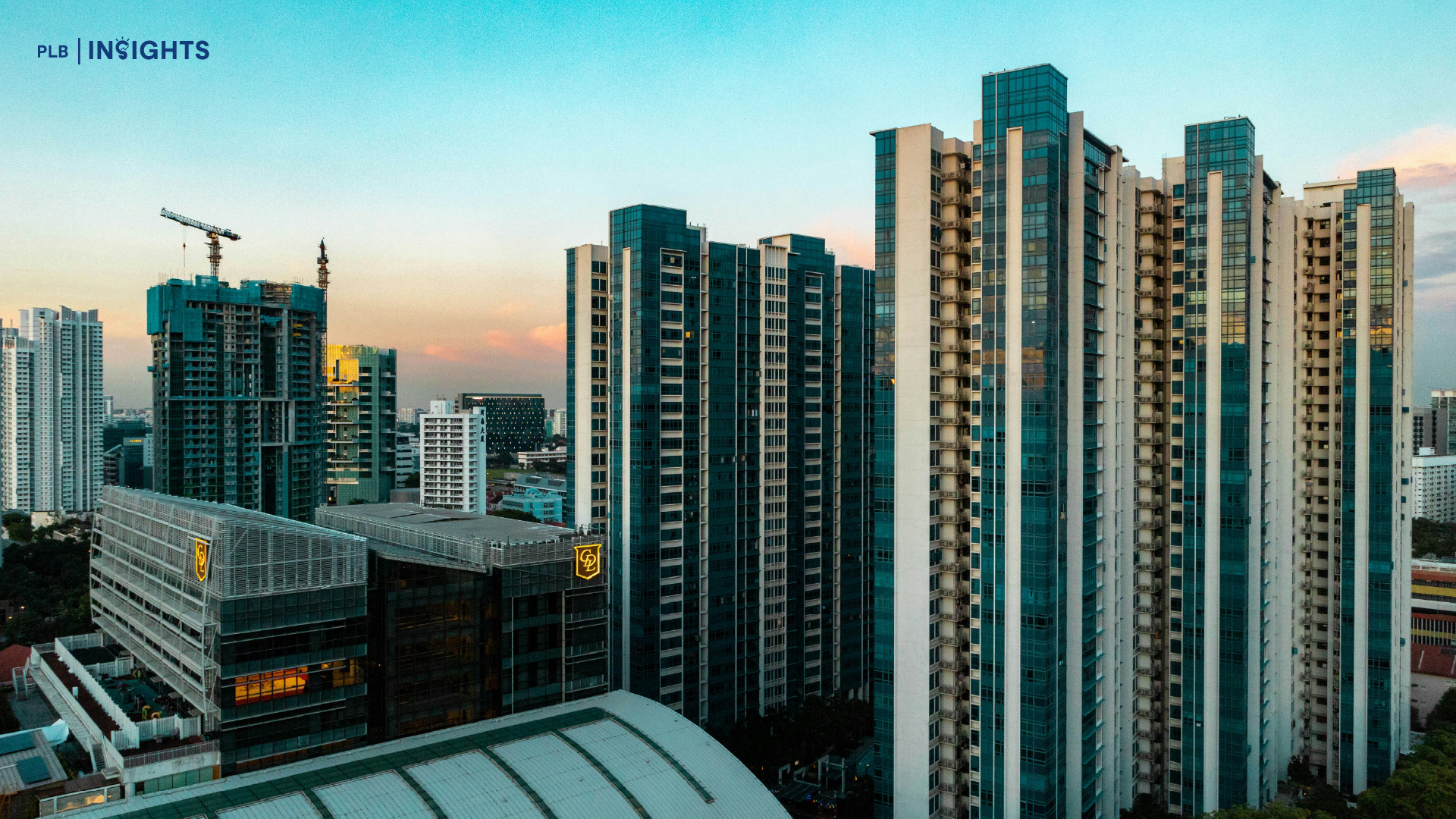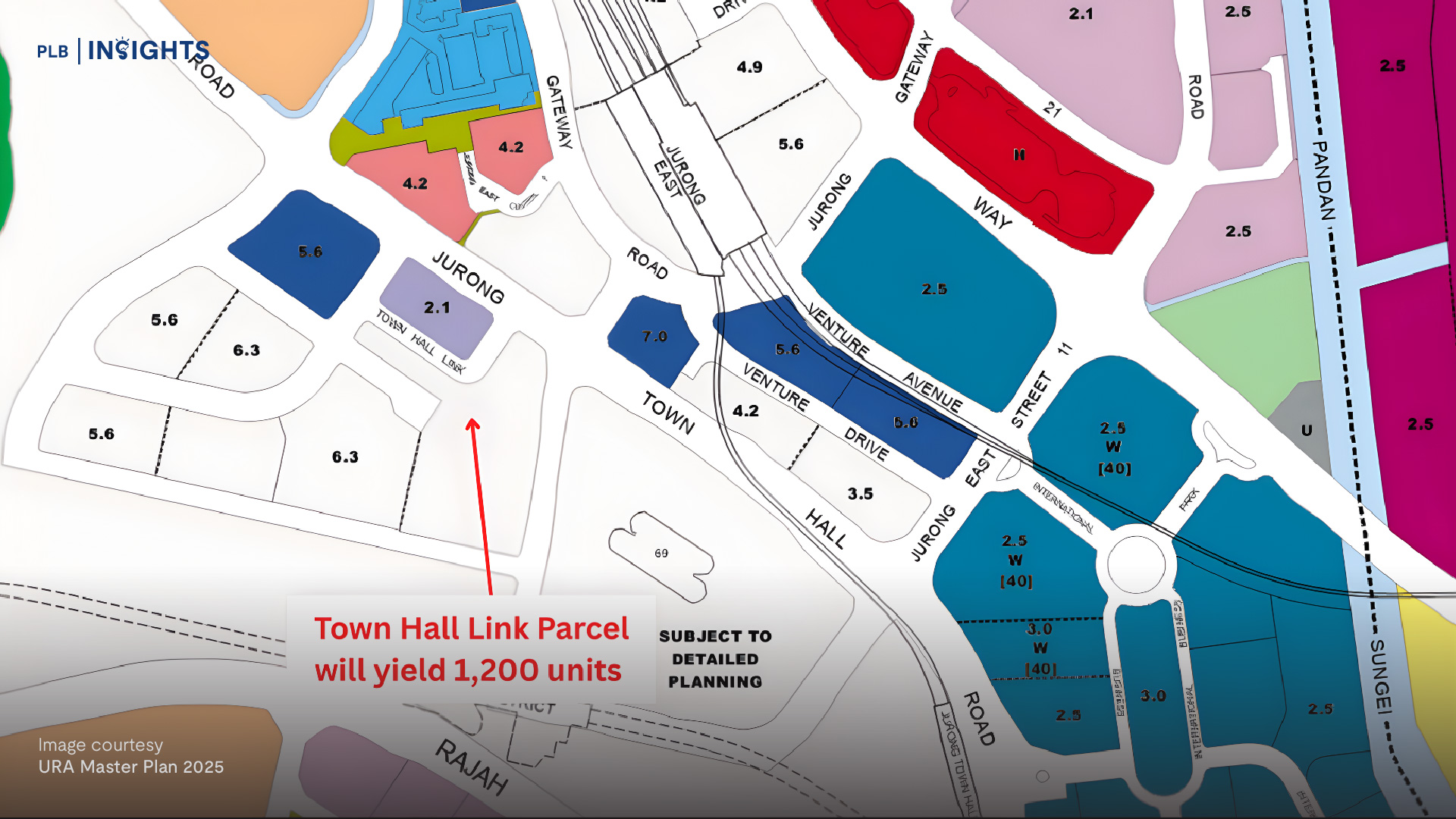
In a significant shift in Singapore’s housing policies, the Ministry of National Development (MND) and the Housing and Development Board (HDB) announced the Family Care Scheme (FCS), set to launch in 2025. This scheme introduces priority access for singles seeking Build-To-Order (BTO) flats near their parents, a provision previously reserved only for married couples. In addition to the announcements made by Prime Minister Lawrence Wong during his National Day Rally in August, this initiative aims to promote intergenerational support and family proximity, responding to Singapore’s evolving social dynamics and ageing population.
The FCS will replace three current priority schemes and will be rolled out in two distinct phases throughout 2025, marking a shift in eligibility for singles and reflecting broader changes in Singapore’s housing landscape.
Addressing the Needs of an Ageing Population
Singapore’s ageing population is a key driver behind this new housing policy. With life expectancy continuing to rise, more elderly parents may rely on their children for emotional and practical support. With this new scheme, the government intends to encourage intergenerational living arrangements that make it easier for families to offer caregiving support. For many elderly parents, living close to their children can provide significant peace of mind, especially in their later years.
The FCS will allow both married and single children to apply for flats near or with their parents, making caregiving and family support more accessible for Singaporean households. This shift in policy recognises that singles, too, play a vital role in family caregiving, and granting them priority housing access marks a substantial acknowledgment of their contributions within family structures.

Replacing Existing Priority Schemes with the Family Care Scheme
Currently, families seeking to live close to one another can apply for new flats through three priority schemes: the Married Child Priority Scheme (MCPS), the Senior Priority Scheme (SPS), and the Multi-Generation Priority Scheme (MGPS). Each of these schemes serves different family needs:

Starting in 2025, these three schemes will be consolidated under the Family Care Scheme. The FCS will streamline the application process and expand eligibility to include both single and married children, creating a more inclusive framework that recognises the caregiving roles of singles as well.
Rolling Out in Two Phases: FCS (Proximity) and FCS (Joint Balloting)
The Family Care Scheme will be implemented in two phases, each catering to different proximity needs within family units.
1. FCS (Proximity) – Mid-2025:
Launching in mid-2025, FCS (Proximity) allows parents and their children (both married and single) priority access when applying for new flats to live near or with one another. This component will replace the existing MCPS and SPS. By prioritising families who choose to live in close proximity, the government hopes to encourage more families to support one another directly, facilitating shared caregiving responsibilities.
2. FCS (Joint Balloting) – End-2025:
The second phase, FCS (Joint Balloting), will roll out in late 2025, replacing the MGPS. Under this scheme, parents and children can jointly apply for two units within the same BTO project if 2-room Flexi or 3-room flats are available. This approach offers an option for multi-generational families to live within the same residential community, enhancing family bonds while allowing for some degree of independence.
These phased rollouts aim to make family proximity a practical option, ensuring that as Singapore’s society ages, families are well-supported by policies that encourage cohesive, intergenerational living.
A Significant Shift for Singles Looking to Live Near Family
The FCS is particularly transformative for singles. Previously, single Singaporeans were limited to applying for 2-room Flexi BTO flats only in non-mature estates. However, a recent update in October 2024 under the HDB classification framework has changed this, allowing singles to apply for 2-room Flexi flats in Standard, Plus, and Prime projects across all locations, including mature estates.
This expanded access means that singles who wish to live near their parents, many of whom are in established mature estates, now have a wider selection of new flats available to them. This policy shift recognises the evolving needs of Singaporean families and singles, providing them with flexibility to support their families without being restricted by estate classifications.

Responding to Singapore’s Evolving Family Dynamics
The introduction of the FCS reflects a broader understanding of Singapore’s changing family structures. More singles in Singapore are choosing independent lives, and the role they play in caregiving is increasingly acknowledged. The FCS brings an inclusive approach, recognising the value of singles who may choose to remain close to their parents and provide care.
This policy also aligns with the government’s efforts to accommodate various living preferences, whether among married or single individuals. The FCS opens up new possibilities for singles who prefer not to wait until marriage to live near family, further promoting intergenerational bonds that can play a stabilising role within communities.
Implications for Singapore’s Housing Landscape
The FCS is likely to influence Singapore’s housing landscape, particularly as more singles take advantage of priority access to live near their parents. This could increase demand for 2-room Flexi units in both mature and non-mature estates, encouraging a more balanced distribution of residents across the island.
Additionally, with an increase in family units applying for flats in proximity, housing estates could see a strengthening of community bonds, as families are more likely to stay within a neighbourhood for the long term. This could positively impact community cohesion, as residents build deeper connections with their neighbours over time.
Moreover, the rollout of the FCS might alleviate some demand on the rental market, as more singles opt for BTO flats near family rather than renting independently. By addressing the housing needs of singles within the context of family support, the scheme reinforces HDB’s longstanding mission of fostering stable, family-oriented communities.

Looking Forward: What the FCS Means for Future BTO Applications
As the FCS unfolds, it will be important to observe how this new priority access impacts BTO application rates and the overall housing demand across estates. Given that BTO projects already face high demand, the scheme may create increased competition for 2-room and 3-room units in popular areas, particularly those classified as Prime projects.
The phased approach of the FCS rollout allows the government to assess its impact before fully implementing the Joint Balloting component. This stepwise process offers valuable insights into housing trends and could guide future refinements in housing policy, particularly as Singapore’s population continues to age.
It remains to be seen how the introduction of single applicants within the FCS framework will influence the overall allocation of BTO flats. However, by prioritising family cohesion and caregiving needs, the government is taking proactive steps to support diverse family structures and adapt to the evolving dynamics of Singapore’s society.

Conclusion: A New Chapter in Singapore’s Housing Policy
The FCS marks a new chapter in Singapore’s approach to housing policy, one that aligns closely with the needs of an ageing population and an evolving society. By providing singles with priority access to live near their parents, the scheme not only supports intergenerational caregiving but also signals a broader, more inclusive perspective on family dynamics.
This scheme is a progressive step in recognising the role of singles within family structures, as well as the significance of proximity for family support. As Singapore continues to balance tradition with modernisation, the Family Care Scheme exemplifies how housing policies can adapt to foster stability, family cohesion, and community bonds.
With the rollout of the FCS set for mid-2025, singles and families alike will have greater flexibility in choosing a housing arrangement that best suits their needs. This approach demonstrates a commitment to creating resilient communities rooted in strong family support—a vision that stands at the heart of Singapore’s housing philosophy.
Exploring your options in the resale market? If you have questions or clarifications about navigating the property landscape, do reach out to us here and our team of experienced consultants will be glad to assist you. Till next time!

